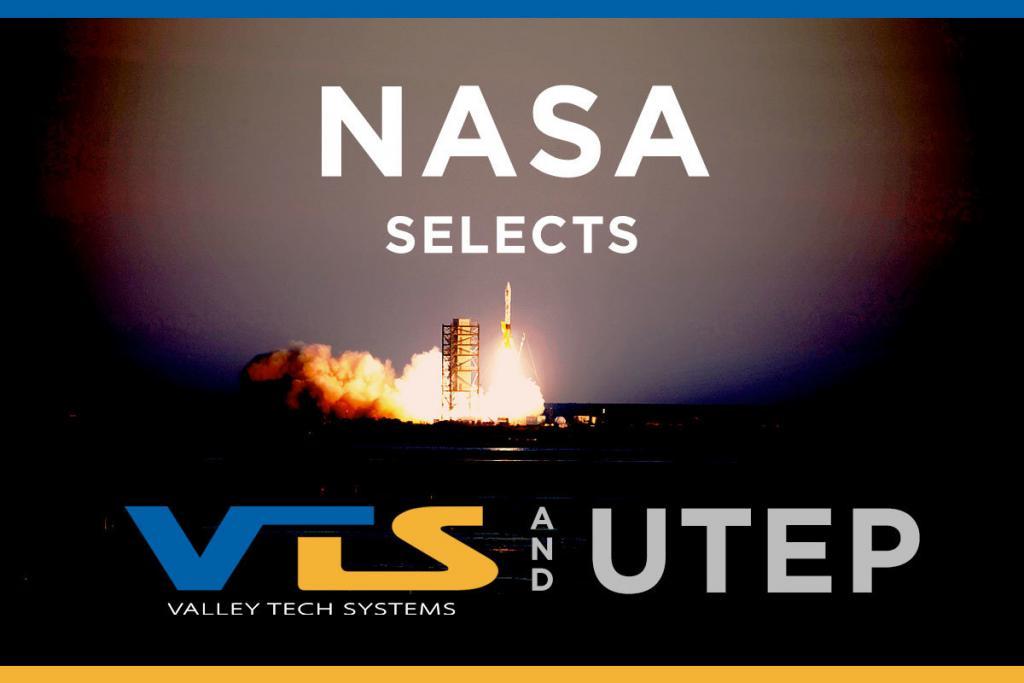Evolving the affordable launch vehicle reaction control system with advanced refractory additive manufacturing
Under its Small Business Technology Transfer (STTR) Program, NASA has selected Valley Tech Systems, Inc., and The University of Texas at El Paso for negotiation of a contract for a phase I effort for the Refractory Additively Manufactured Affordable Launch Vehicle Reaction Control System. NASA announced the selection May 25, 2018.

NASA has selected Valley Tech Systems, Inc., and The University of Texas at El Paso for a STTR Phase I award for applying Refractory Additive Manufacturing to the Affordable Launch Vehicle Reaction Control System. (Photo Credit: NASA Wallops Flight Facility)
Valley Tech Systems has applied its expertise in controllable long-duration solid-propulsion technology to the development of an Affordable Launch Vehicle Reaction Control System (ALV RCS). A reaction control system provides thrust in any desired direction or combination of directions to adjust the trajectory of a spacecraft and provides torque to control rotation (roll, pitch and yaw).
Under the STTR phase I proposal, the team plans to evolve the innovative ALV RCS by applying advanced refractory additive manufacturing (RAM) technologies to titanium-zirconium-molybdenum (TZM) alloy. The goal is to reduce ALV RCS cost by 25 percent and weight by 20 percent to support the progressive development of affordable small spacecraft launch systems.
“Demand for affordable space launch system capabilities continues to increase as small satellite technologies for commercial, science and military space applications rapidly mature,” said Christopher Smith, technical director, Aerospace Division, Valley Tech Systems. “Using this new refractory additive manufacturing technology can provide future launch system providers with increased capability with improved affordability.”
